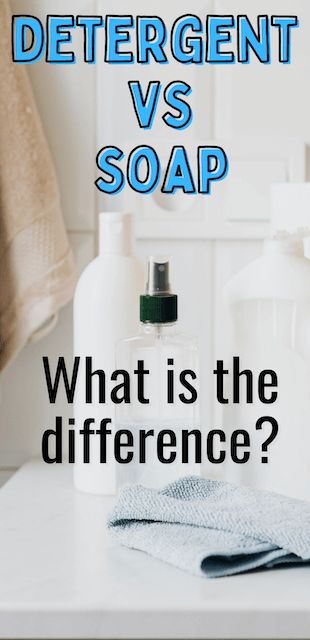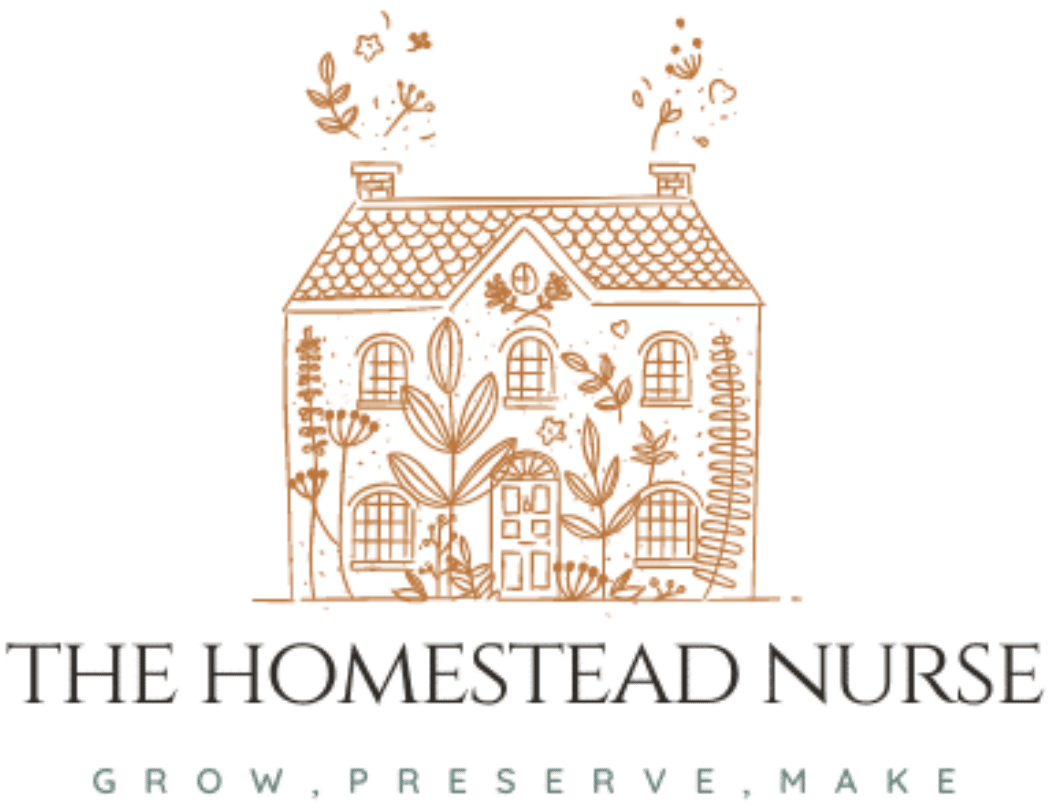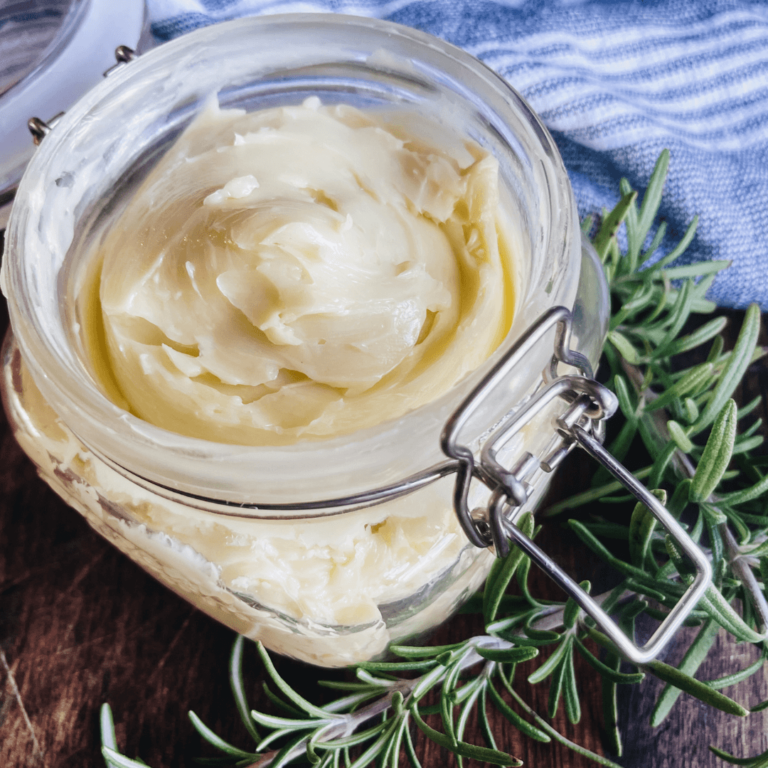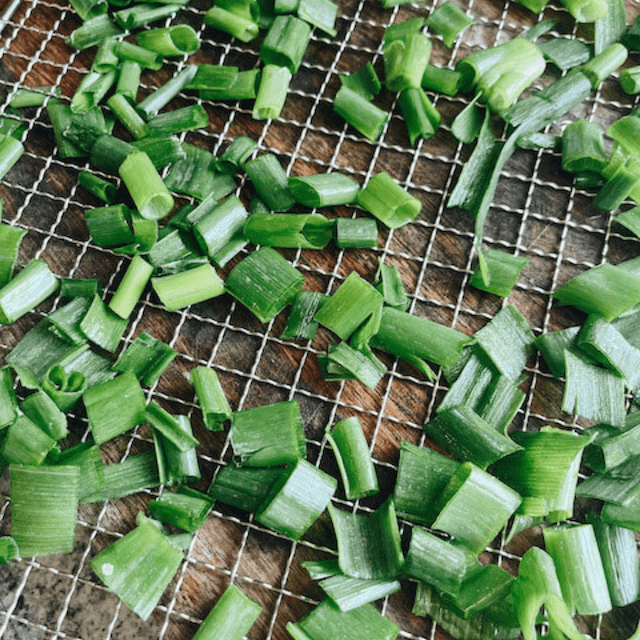Non Detergent Soap vs Detergent: What is the difference?
This is a great guide on the differences between non detergent soap vs detergent and what you need to know about insecticidal soaps.
This post may contain affiliate links. As an Amazon Associate, I earn from qualifying purchases. Please read my Disclaimer for more information.
We use them every day in the household, some people make them at home and others just buy them.
Soaps and detergents are better than using plain water to clean all things.
Table of Contents
But what is what, which is better to clean certain things, and what is the difference anyway?
We are finally going to know the difference between non detergent soap vs detergent!

With some science, research, and digging into the facts, we will get down to what exactly is soap, detergent, FAQs, and DIYs in this post.
Let’s start with the basics about non-detergent vs soap!
Non detergent soap vs Detergent: How is soap made?
The simple answer is soap is made out of the fat from oil and lye, and if you didn’t know, lye is actually made from the ashes of wood.
But…
You can date back to soap-making thousands of years ago by the Babylonians, Egyptians, The Celts, and Early Romans.
They all made soap by combining animal fats, ashes from plants or woods, and oils.
According to soaphistory.net, it wasn’t till the Arabs made soap with oils and the first to use Sodium Lye NaOH formula, which is used today when making soap.
Lye, water and oil from plants or animals are commonly the main ingredients of soap.
When mixing these ingredients to make soap, a chemical reaction takes place called saponification.
The reaction is what actually forms soap!

Nonetheless, soaps are made pretty much the same way now. You either make soap through a cold process or a hot process.
Hot process soap: Ingredients are heated from the outside and are mixed quickly resulting in the saponification process.
Cold process soap: This is made completely from scratch as you heat/melt ingredients from the inside creating a very slow saponification process.
What is detergent soap and what is it made of?
On the other hand, detergent soap is not usually natural and is made of man-made ingredients.
The many forms of detergent come in liquid, sticks, gels, sprays, sheets, powered, and even bars.
Detergent is more water-soluble, made up of sodium carbonate, and is cheaper to make.
Just like soap, detergent is also a surfactant.
The video below is a quick and easy video of how surfactants work to clean.
The surfactants that makeup detergent are from the chemical petroleum, which repels water and attracts grease and oil.
Both detergent and soap have molecules that have one end as a water-loving side and the other as a grease-loving side.
Detergent definitely loosens and removes soil from many surfaces.
Nevertheless, detergents can be drying on the skin, and take more of the body’s natural oils.

The biggest differences between Detergent & Soap
The biggest difference between detergent and soap is that detergent is made of man-made products/chemicals and soap is made of natural ingredients (well most are).
Another difference is that detergent won’t produce soap scum like soap will. This is because they both act differently in hard water (water with a lot of minerals).
According to madehow.com, “the major difficulty with using soap to clean laundry shows up when it is used in hard water—water that is rich in natural minerals such as calcium, magnesium, iron, and manganese.
Unlike detergent, using soap leaves a visible residue on clothing and makes the fabric stiff as well as hard to rinse out.
What are some examples of non-detergent soap?
Aleppo Soap: Created with olive oil and laurel oil
Castile soap: From Spain and is made of olive oil.
Fels-Naptha: Contains water, talc, sodium cocoatr, sodium palmate, and sodium tallowate.
Marseille soap: Made from vegetable oil, water, and lye.
Non-detergent soap has no synthetic material or petroleum detergent in it, comes in the solid form first, and is made up of only natural oils and fats

Non-detergent vs soap: How do you choose a cleaner?
- The first thing to know when you choose the right cleaner depends on where you are cleaning: the bathroom, kitchen, living room, etc., you will need a specific cleaner for that space.
- After you know what specific surface you are cleaning, whether it might be to degrease, clean tile, windows, etc then you can choose the right cleaner. It’s also helpful to know the quality of the ingredients that’s in your cleaner.
- Using resources like EWG.org, you can easily find out how green cleaning products rank against each other.
- You can also check out this helpful chemical ingredient list to help you find the safest cleaner for your home.
- With these tips, you will have no problem choosing the right cleaner that right for you.

Non detergent soap vs Detergent: Environmental Impacts
When discussing environmental impacts, detergents can make a negative impact on the planet.
From packing, transporting, and ingredients used in detergents, all these factors affect the environment. Especially when washed into sewer systems, bodies of water, and be harmful to aquatic life along the way.
According to the Earth Island Journal, “Studies have shown that phosphates, a common ingredient in detergents, build up in waterways and lead to eutrophication — big algal blooms that can starve fish and other plant life of oxygen.”
A study showed that the sodium silicate solution in detergents is the one ingredient that is the most toxic.
There are endless reasons on how hurtful they can be to plant earth. As long as you are aware of some risks you can have a better understanding of how the environment is impacted.

DIY laundry detergent
Making your own detergent can save you money, it is an effective way to stay away from harmful chemicals
Finding a DIY laundry detergent that works for you can be a trial and error process.
Below are some great options for you to try out!
- ZeroWastememoirs.com DIY laundry recipe is simple and all-natural that is made without Borax.
- Another Borax-free DIY detergent from Wholefully.com is simple and easy to make.
- Insteading.com 17 Homemade laundry detergents recipes is a gold mine of various ways to make your own detergent.
What is the best homemade laundry detergent?
Homemade laundry detergents that have Dr. Bonner’s soaps and Castile soap detergent in them are the purest.
Overall, the best homemade laundry detergents are all-natural and have good ratings from EWG.org.
Should you stop using homemade laundry detergent?
If you are making your own laundry detergent, then you are probably saving a lot of money but potentially ruining your washer machine at the same time.
When soap (like Borax ) is used to make homemade detergent it leaves a residue that coats your washer machine, since it isn’t made to rinse out the dirt/scum off your clothing as detergent does.
Homemade laundry detergent doesn’t have the complex chemicals needed to provide chemical energy (what is needed to clean clothes effectively in your washer).
According to cleaninginstitute.org, “molecules in the detergent are attracted to the stain and help pull the dirt from the shirt to the wash water.”
Compared to soap, detergent can’t be replaced in the average household because of the manufacturing process needed to make it.
Can I use vinegar instead of laundry detergent?
It’s not recommended to use vinegar in laundry detergents; it can damage your washer machine.
According to consumerreports.org, vinegar “can damage the rubber seals and hoses in some washing machines to the point of causing leaks.”
Vinegar is another natural product that you need to use with caution when it comes to your laundry.

Commercial Products
Is Borax a non-detergent soap?
Borax is not a detergent, but a soap that is made of disodium tetraborate.
It is a natural soap, but has many hazardous effects on the body and is not considered a green product.
EWG.org, states they “recommend that you not use the recipes that include borax, since it may pose health risks.”
Overall, you might want to leave out Borax when making any cleaning products.
What brands are non-detergent soap?
Some non-detergent brands are Zote brand, Arm & Hammer, and Dr. Bronner’s soaps.
Other Brands that are non-detergent soaps can be bought online like Puracy and Charlie’s Soap
Is Woolite a soap or detergent?
Woolite is a detergent that is used to wash delicates like silk and wool. It has no to minimal side effects that are harmful to the skin.
This detergent has a natural pH that protects color from fading, but can be a little more expensive than other detergent products.
Is Dove soap non-detergent?
Dove synthetic detergent that is not soap but filled with degreasing properties that can dry your skin.
This detergent is actually made of chemicals that are synthesized in a lab and have slim to none natural ingredients.
So in short, Dove is advertised to be soap but truthfully it is not.

Non-Detergent Soaps for Plants
What are Insecticidal Soaps?
Insecticidal soaps are effective in preventing soft-body pests on outdoor and indoor plants. This type of soap can also help with powdery mildew problems on plant leaves as well.
Potassium salts are whats makes up insecticidal soap, which is also the product of fatty acids.
These types of soaps can not only be handmade but also bought. One great buying option is Garden Safe Insecticidal Soap Insect Killer.
If you are making insecticidal soap from home, it takes very little to no money if you use soaps like Dr.Bronner’s Pure-Castile soap ( this one linked has peppermint in it which is an excellent pest repellent too).
How do you make homemade insecticidal soap for plants?
Create your own DIY insecticidal soaps with natural solutions in order to remove pests.
If you keep your insecticidal soap eco-friendly it will be safe enough to also keep your good bugs on your plants.
There are many types of recipes for this type of solution, but the most common one is a mix:
- 1-gallon water
- 1 tablespoon Pure-Castile liquid soap
- Or 2 teaspoons Fragrance-free Dawn (not natural as Castile soap)
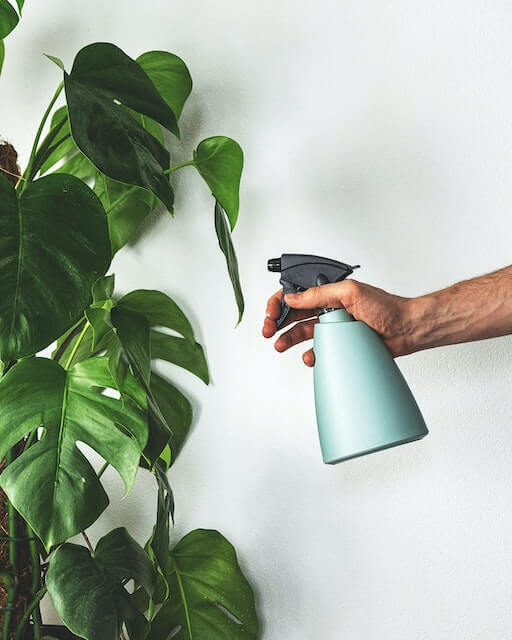
How to use insecticidal soaps correctly?
Using insecticidal soap for your plants needs to be applied carefully since you can ultimately damage your plants.
So here are some tips to keep in mind if you decide to use insecticidal soaps.
- For first use, spray only a few leaves just to test it out. Just in case it’s damaging, your whole plant won’t be affected.
- Don’t forget to give attention to the underside of leaves, and spray all areas when you have a mix that you know works.
- Using a Portable Garden Pump Sprayer helps to spray insecticidal soap thoroughly.
- Insecticidal soap washes off easily, spraying when the weather is cooler makes the best time to apply.
- If using dish soap, be aware it does contains additives so try to get the most natural products if possible or dilute correctly.
- Apply your soap spray at least once a week for maintenance, but if your pest problem is persistent apply at least every 3 days until your problem is cleared.
Final Thoughts
There are many differences between non-detergent vs soap and a lot of factors to know when choosing a detergent or making a certain product.
One thing is for certain, just because a product states it’s natural doesn’t mean it’s safe, and always do your research before cleaning or using any product.
For more informative natural living topics check out these amazing posts below.
Natural Deep Cleaning Checklist & Free Printable
7 Easy homeopathic immune system boost
How to Start a Vegetable Garden from Scratch
Lets me know in the comments if any of this information was helpful for you!
P I N FOR L A T E R
